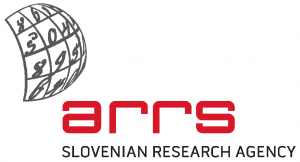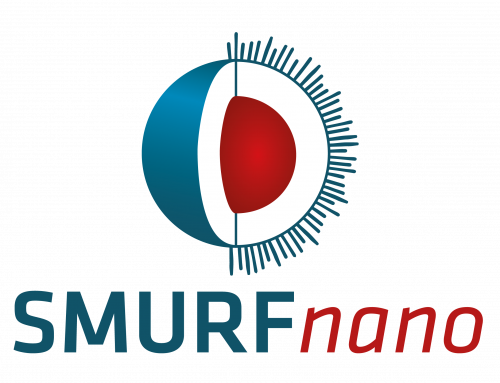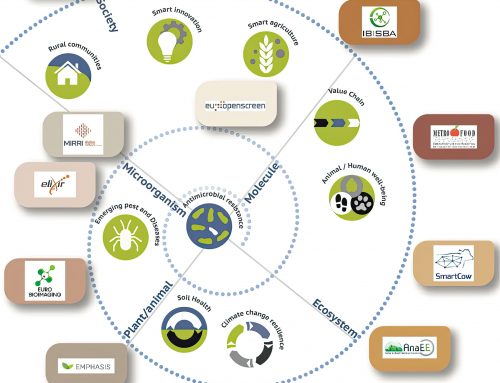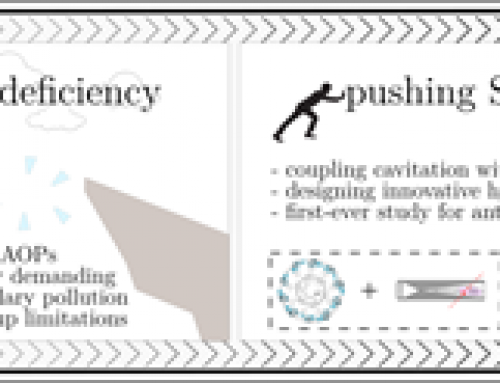Promising eco-sterilization of pathogenic fungi on seeds using reactive species in gaseous plasma (BI-JP 21-23-002)
Project Leader: Prof. D. Miran Mozetič (Jozef Stefan Institute)
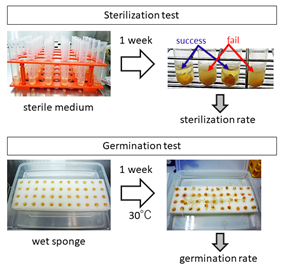
The main objective of this application is to use radicals and other reactive chemical species generated from plasma to kill pathogenic microorganisms (bacteria and fungi) on crops’ surfaces, exchange knowledge, and develop methods of seed sterilization with Slovenian and Japanese technology. Reducing microbial contamination of seeds, grains and other agricultural products is an essential technology in the agricultural sector because pathogenic fungi not only affect plants by inhibiting germination and reducing yield but also because fungal toxins produced as secondary metabolites of fungi have a negative impact on humans. Agricultural seeds available in the market are treated with fungicides such as hypochlorous acid to ensure that they are not infected with bacteria before they are shipped. The fungicidal effect on microorganisms on the seeds will be confirmed by testing the colonies that form on the agar after the microorganisms have been washed out. Germination rates will be evaluated under controlled laboratory conditions and then verified in the field. In general, the fungicidal effect must be limited due to the problem of decreasing seed germination rate if the concentration of fungicide is increased too much to increase the fungicidal power. The primary goal of this project is to sterilize corn seeds in an environmentally friendly manner without the use of fungicides. Maize is important not only as food but also as a raw material for biomass ethanol, which is expected to grow in demand worldwide.
